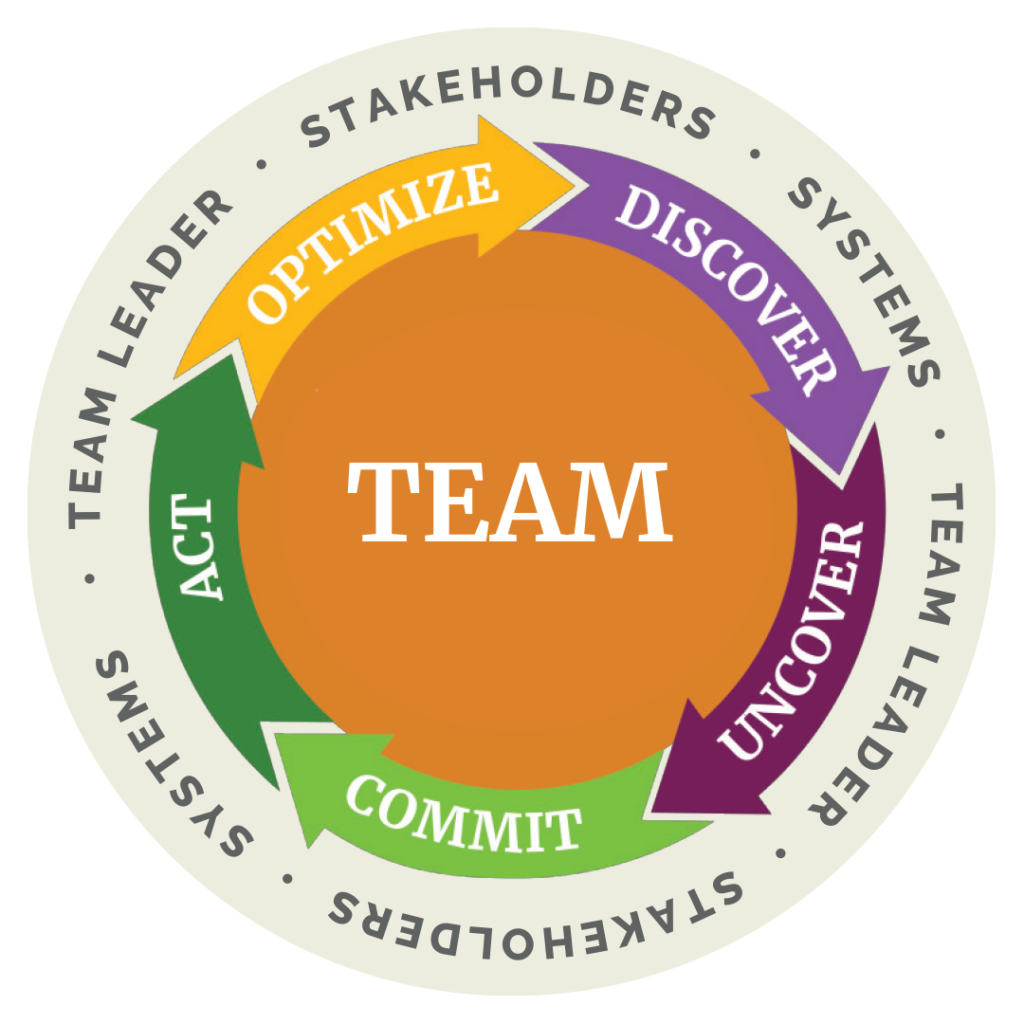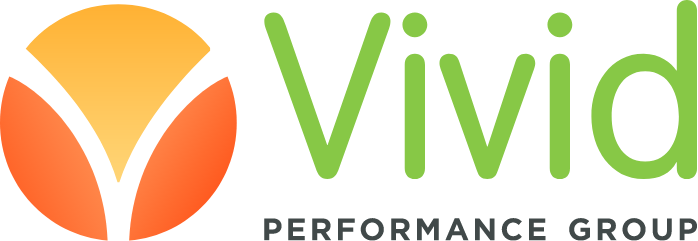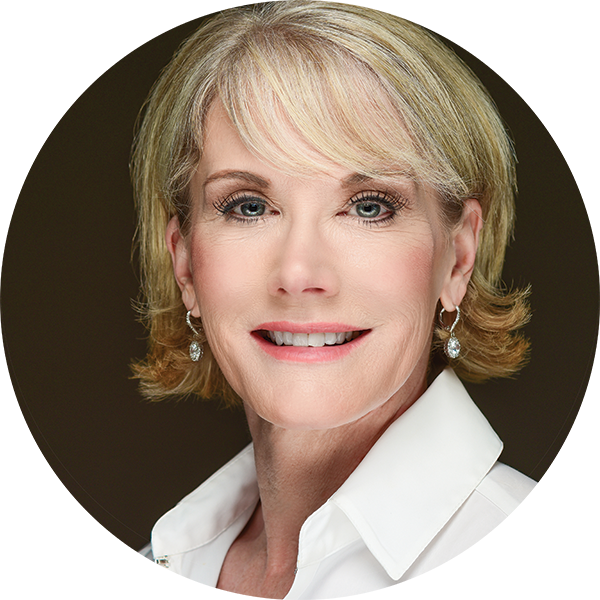Team Development
Teams are the machines that run your organization. Decades ago we began moving away from creating the hero or command and control leader to developing organizations of teams with distributed knowledge, authority, decision-making power and accountability.
Despite this shift, an extra-ordinary investment IS still made globally in leadership development while the basics of what defines team effectiveness and how to develop a high performing team are nascent. The understandable focus on right people right seat (RPRS), hiring for culture, and developing leaders obscures and misdirects attention from the reality of the impact of teams on organizational culture, leader success, and ultimately business results. We help you create happy, trusting, get-it-done teams.
Team Performance Evaluation
Like the markers of human health, there are accessible universally accepted measures of team effectiveness. And as with our personal health, we have easy to access diagnostics which measure the conditions that are proven to be instrumental in achieving optimum team performance. Metaphorically speaking this is a check-up for your team AND yet so much more.
When do you need to evaluate a team's performance?
1. Setup Of A New Team
When designing/launching or redesigning/relaunching a new team
2. Preventative Check Up
Evaluating the team’s performance reveals untapped strengths and undercurrents to leverage and redirect to prevent the team’s performance from falling to the “Fix Up” level.
Consider a Preventative Check Up when these occur:
- Team membership dynamic is unknown
- Team purpose unclear or evolving
- New stakeholders or changes in stakeholder needs
- Change in the manner that the work will be performed
- Reduced or unknown changes to available information, resources, training or team rewards
- Offer worker flexibility in terms of when and from where people work
Common scenarios: M&A, change in reporting responsibility, job restructuring, new/revised business model, new/revised use of technology
3. Level Up
The ever evolving nature of work and the competitive environment require teams to continuously improve. Today’s top performing team can quickly slip into an underperforming team tomorrow. Intention and commitment to long term growth and sustainability are necessary.
Teams frequently need to up their game to:
- Situate the team to keep pace when change is on the horizon
- Redesign the team into a (more) self-managing structure
- Free up a leader/manager’s time
- Satisfy new stakeholders or changes in stakeholder needs
4. Fix Up
In this scenario a team is underperforming and needs a significant intervention and course correction.
Teams in need of a Fix Up experience:
- Dissatisfied stakeholders (recipients of the team’s work) in terms of quality, quantity, timeliness of team’s work
- High team member turnover
- Lack of healthy conflict, insufficient quantity and/or poor problem solving and decision-making quality, lack of trust, open negative conflict
- Too much of manager’s/leader’s time spent managing, fixing or solving work product or other team issues
Our team development model is an end to end process of:
Discover
We engage with the team, its leaders, and sponsor (if applicable) to discuss our process and methods. We also identify the stakeholder groups whom the team serves. These actions enable the team and its leader/sponsor to fully understand the needs of the environment in which the team exists. In this phase we address the needs, hopes, and aspirations of the team and its leader/sponsor and surface concerns or questions from the team, its leader/sponsor or stakeholders that could hinder full engagement and commitment to the process.
Uncover
We help the team uncover and understand the gap between its current state and desired future state – in terms of effectiveness, how it works together, and how the shape and structure of the team may be contributing to the gap. We have a broad array of approaches, depending on the situation.

- One-to-one interviews with team members and key stakeholders
- The Team Diagnostic Survey (TDS) the most in-depth tool of its kind which measures team effectiveness, strength and weaknesses in the team’s ways of working , and in the team’s foundational structure and environment
- Psychometric profiling to reveal an individual’s values, every day strengths, and “dark sides” and how these aggregate at a team level and impact team outcomes
- Team sessions to address key themes, tackle critical issues, design and commit to shared decisions, and share our observations of the team in action
Commit
We help the team process, evaluate, align and commit to the key actions that will close the gaps in the team’s effectiveness and set the team on a trajectory for sustained greatness.
Act
Frequently teams need additional support to achieve their desired state. We often serve the team in varying degree by:
- Facilitating sessions where the team tackles key issues
- Delivering individual or team coaching
- Upskilling the team in the five skills of teamwork
- Partnering as the team’s accountability coach
- Supporting the team leader through expanding their team coaching skills
Optimize
We work with the team and its leader/sponsor and stakeholders to review the team’s progress. This often means re-running the various ‘diagnostics’ used in the ‘assess’ phase, and evaluating if or how the needs of the team or its leader/sponsor or stakeholders have changed and are impacting the team’s effectiveness in new or different ways.
Team Coaching
Happy, trusting, get-it-done teams are effective when they build a shared capacity, satisfy their stakeholders, and are individually enriched as a result of working together.
Why do you need a team coach?
- Team coaching is not team management. Leaders have a stake in the team’s outcomes; therefore, they are not and cannot be neutral.
- Team coaching is immensely more complex and demanding than individual coaching due to the challenges of group dynamics, dyad or triad conflicts, a team’s structure, a team’s stakeholders, and the system in which the team resides.
Meeting these challenges requires broad and expert knowledge, facilitation skills and the ability to use ‘self as instrument”.
We are neutral experts with knowledge, skills and abilities around the art and science of human and team psychology, group dynamics, team design/ launch/ intervention, the systemic demands of teams, team coaching and facilitation.
As experts, our team coaching entails working with a whole team, both when the team is together and apart, in order to help them improve both their individual and collective performance as they work together as a team.
Benefits of a Neutral, Skilled Systemic Team Coach
- Brings a fresh set of eyes to relationships and connections between the CEO, the team, and its stakeholders.
- This helps the team to stand back, gain a new perspective on the reality of its meetings, member interactions with the wider organization and the factors impeding the team’s performance.
- Holds up a mirror to a team’s sponsor, leader, or member in action – with the team in the moment – and helps him/her to see where they add value now and where their current behavior and responses impede the best use of your team’s skills and contributions.
- Brings awareness to the collective dynamic of the team, providing coaching not only to individual team members but to the relationships between them.
- This helps to bring the unconscious and unspoken patterns, assumptions, and behaviors into the conscious awareness of the team and its stakeholders.
- Partners with the team over time to support members to face difficult choices and actions.
Team Issue Facilitation
Teams often disagree over methods and direction for the team. We work with your team to dig deep and create purpose, process, norms, trust and abilities to collaboratively solve problems.
Our purpose-oriented design approach focuses on creating and delivering a facilitated experience that meets the team’s unique needs around people, process, and pace.
We do this by:
- Providing an open and psychologically safe environment
- Ensuring all voices in the room are heard
- Modeling the eight behaviors for smarter teams
VPG offers a unique hybrid service of train/coach/facilitate. In this scenario the team together undergoes a skills-based training. Shortly after VPG leads the team through a facilitated session where the team works real-time to apply the skill to an issue and a VPG consultant simultaneously coaches the team’s capability in the particular skill.
Team Training
Team training creates a shared experience of targeted team skill development and collective team commitment to action. Team training is designed and delivered in a way that meets the team’s real world, real time needs whether they are overcoming critical skill deficits, establishing baseline skills, or leveling up satisfactory skills to deliver more, better, and faster as a cohesive team.
The focal point of our team training are the documented skills of teamwork which are communication, collaborative problem solving and decision making, managing conflict, and accountability in planning and coordination and goal setting and performance management.
VPG offers a unique hybrid service of train, coach, and facilitate. In this scenario the team together undergoes a skill training. Shortly after, VPG leads the team through a facilitated session where the team works real time to apply the skill to an issue and VPG coaches the team in application of the skill.
Team Mediation
Teams are the engines that run organizations and conflict management is one of the five defined skills of teamwork. Unresolved conflict in teams wastes time, lowers motivation and increases turnover. In the U.S. 75% of employees have gone out of their way to avoid a team member with whom they had a conflict. Well managed team conflicts enhance trust, improve decision making, and foster greater personal and team accountability. Conflict resolution typically falls to a leader to manage, yet team member’s confidence in a manager’s ability to handle conflict falls short. In surveys 43% of non-managers report that their managers don’t do enough to manage conflict, while only 23% of managers agree with this view.
Team mediation requires advanced skills in both mediation and facilitation. Team mediation is more complex due to factors such as the number of conflictees involved, the destructive actions and behaviors exhibited in conflict, the duration of the conflict , failed conflict interventions, and the conflict-derived impact to the team/organization/business.
We meet teams where they are. Our certified, neutral mediators utilize a proven methodology that fosters a supportive environment. Here teams in conflict are better able to address the drivers of conflict, express needs and wants, generate ideas and solutions, and arrive at mutually beneficials decisions where “all-gain”. This co-creation culminates with the team outlining an agreement that includes their shared and aligned desired outcomes, identified actions, responsible parties, timelines and duration.

